Debt Collection in Egypt: Fast, Local, and Risk-Free
Read our 2025 guide for DIY debt collection in Egypt, or upload your claim directly to our trusted debt collection agency for swift recovery with zero upfront fees.


Need a Debt Collection Agency in Egypt? Start Risk-Free Today
Facing challenges with debt collection in Egypt? Debitura connects you directly to vetted local specialists within 24 hours—fully compliant with Egyptian laws and business practices.
- No Win, No Fee: Zero upfront costs; success fees apply only upon successful recovery.
- Rapid Local Action: Immediate handling aligned with Egypt’s amicable recovery procedures.
- Proven Local Expertise: Egyptian specialists with strong track records in debt recovery.
- Real-Time Updates: Track your cases effortlessly on our live dashboard.




Need a Debt Collection Agency in Egypt? Start Risk-Free Today
Facing challenges with debt collection in Egypt? Debitura connects you directly to vetted local specialists within 24 hours—fully compliant with Egyptian laws and business practices.
- No Win, No Fee: Zero upfront costs; success fees apply only upon successful recovery.
- Rapid Local Action: Immediate handling aligned with Egypt’s amicable recovery procedures.
- Proven Local Expertise: Egyptian specialists with strong track records in debt recovery.
- Real-Time Updates: Track your cases effortlessly on our live dashboard.
Debt Collection in Egypt: 2025 Expert Guide
Why you can trust this guide
At Debitura, we uphold the highest standards of impartiality and precision to bring you comprehensive guides on international debt collection. Our editorial team boasts over a decade of specialized experience in this domain.
Questions or feedback? Email us at contact@debitura.com — we update this guide based on your input.
Debitura By the Numbers:
- 10+ years focused on international debt collection
- 100+ local attorneys in our partner network
- $100M+ recovered for clients in the last 18 months
- 4.9/5 average rating from 621 reviews
Expert-led, locally validated
Written by Robin Tam (16 years in global B2B debt recovery). Every page is reviewed by top local attorneys to ensure legal accuracy and practical steps you can use.
Contributing local experts:
Last updated:
Explore the intricate world of debt collection in Egypt with Debitura, your foremost companion offering local expertise and international experience. This guide arms you with the essential knowledge to effectively address any debt recovery challenges you may encounter.
Key Players in Egypt’s Debt Collection Process
In Egypt, debt recovery is primarily managed by legal professionals due to the country's unique legal framework. Understanding the roles of these key players is essential for effective debt collection.
The Role of Debt Collection Agencies in Egypt
Unlike many countries, Egypt does not have a widespread presence of traditional debt collection agencies. Instead, law firms often fulfill this role, handling both amicable and judicial collection processes. These firms initiate recovery efforts through formal demand letters and negotiations, adhering to Egyptian legal standards.
Debt Collection Lawyers in Egypt
Lawyers play a central role in Egypt's debt collection landscape. They manage the entire recovery process—from drafting demand letters and negotiating settlements to representing creditors in court. Their expertise in local laws ensures that debt recovery efforts comply with Egyptian legal requirements.
Bailiffs (Court Enforcement Officers) in Egypt
Once a court judgment is obtained, enforcement is carried out by court-appointed bailiffs. Their responsibilities include serving legal notices, executing asset seizures, and overseeing public auctions to satisfy debts. The enforcement process is governed by the Egyptian Code of Civil and Commercial Procedures.
Understanding Debt Recovery Laws in Egypt
Navigating debt collection in Egypt requires familiarity with its civil law system, influenced by French legal traditions and Islamic principles. The process is governed by specific courts, legislation, and consumer protection measures.
Egypt’s Civil Court Structure
Debt-related disputes in Egypt are addressed through a tiered court system:
- Courts of First Instance: Handle initial civil and commercial cases, including debt claims.
- Courts of Appeal: Review decisions from lower courts, examining both factual and legal aspects.
- Court of Cassation: The highest court for civil matters, ensuring uniform application of the law.
Additionally, Economic Courts specialize in financial and commercial disputes, streamlining the resolution of complex debt cases.
Key Legislation Governing Debt Collection in Egypt
Several laws outline the procedures and rights involved in debt recovery:
- Egyptian Civil Code: Establishes the legal framework for contractual obligations and remedies.
- Commercial Code: Addresses commercial transactions and bankruptcy proceedings.
- Civil and Commercial Procedures Law No. 13 of 1968: Details litigation processes, including enforcement of judgments.
These laws collectively ensure that debt collection practices are conducted within a structured legal environment.
Consumer Protection from Unfair Collection Practices in Egypt
Egyptian law provides safeguards for consumers during the debt recovery process:
- Statute of Limitations: Creditors must initiate legal action within 15 years for most debts.
- Fair Treatment: Debtors have the right to dispute claims and request verification.
- Prohibition of Unfair Practices: Harassment, false statements, and deceptive tactics by collectors are forbidden.
- Regulatory Oversight: The Consumer Protection Agency addresses complaints and enforces consumer rights.
Understanding these protections is crucial for both creditors and debtors to ensure compliance and fair treatment.
Amicable Debt Collection in Egypt: A Strategic First Step
In Egypt, initiating debt recovery through amicable means is often the most effective approach. This method emphasizes negotiation and mutual agreement, aiming to resolve outstanding debts without resorting to legal proceedings. Given the complexities and duration of the Egyptian legal system, amicable collection serves as a cost-effective and relationship-preserving strategy.
- Attorney-Led Process: Egyptian law firms typically manage debt collection negotiations.
- Rapid Resolution: Amicable collections usually resolve within 30 to 60 days.
- Critical Documentation: Valid contracts, signed invoices, and formal notices strongly influence successful recovery.
- Interest Rates and Fees: Statutory interest capped at 7%; amicable collection fees range typically between 15% and 30%.
- Statute of Limitations: Creditors must pursue debt recovery within 15 years of debt maturity; otherwise, claims become unenforceable.
How Amicable Debt Collection Works in Egypt
In Egypt, debt recovery typically starts amicably, emphasizing negotiation to resolve outstanding debts efficiently and cost-effectively. Given the country's intricate legal processes, amicable resolution not only saves time but also preserves vital business relationships.
Formal Notice (Inzar): The first step involves sending an official Arabic "Inzar" letter drafted by an Egyptian attorney, clearly outlining debt details, deadlines, and initiating structured negotiations. This formal communication is critical as it establishes a legally recognized record.
Direct Negotiations and Mediators: Effective debt recovery in Egypt heavily relies on managing relationships. Negotiations, often led by trusted local mediators or attorneys familiar with Egyptian business culture, aim to reach a settlement ("Tasweya"). The use of respected intermediaries can significantly enhance the likelihood of repayment due to their local standing and relational influence.
Promissory Notes ("Sheek" or "Kambiala"): In Egyptian business practice, promissory notes and post-dated checks ("Sheek") are common tools. These financial instruments provide powerful leverage during amicable negotiations, clearly signaling the creditor's readiness to escalate legally if the debtor does not comply promptly.
Agreement and Ongoing Communication: Upon reaching an agreement, consistent follow-up is essential. Regular communication ensures the debtor adheres to the repayment schedule, swiftly identifying any deviations to avoid deterioration of the agreement.
Timing Around Local Holidays: Effective timing can greatly influence debt recovery success in Egypt. Awareness of local holidays, including Ramadan and Eid celebrations, helps ensure debtors' availability and responsiveness. Scheduling communications strategically around these periods significantly improves recovery outcomes.
Escalation to Legal Proceedings: If amicable methods fail to yield results, creditors have clear legal avenues available under Egypt’s Civil and Commercial Procedures Law. Arbitration clauses in commercial contracts commonly encourage private dispute resolution before court proceedings, aligning with Egypt’s cultural and business preference for privacy and discretion.
By strategically leveraging these culturally and legally tailored methods, creditors can maximize recovery effectiveness and maintain positive business relationships in Egypt.
Judicial Debt Collection in Egypt: Enforcing Claims Through Legal Channels
When amicable recovery attempts fail in Egypt, creditors turn to judicial debt collection. Egypt’s judicial process is deeply influenced by French civil law traditions, blended with Islamic Sharia principles, providing a distinct legal environment. Creditors must understand this unique judicial context to effectively pursue debts through the courts.
- Structured Court System: Cases move from Courts of First Instance, through Appeals Courts, up to the Court of Cassation (Egypt’s highest civil court).
- Mandatory Documentation: Courts demand clear documentary evidence (e.g., contracts, invoices, formal notices) for successful claims.
- Statute of Limitations: Legal claims must be filed within 15 years; delays may hinder enforceability.
- Role of Bailiffs (Mahdariyya): Court-appointed enforcement officers execute judgments, such as asset seizures or bank account freezes.
Egypt’s Judicial Debt Collection Process in Detail
- Initiating a Lawsuit:
To initiate judicial collection in Egypt, creditors file a detailed "Statement of Claim" at the appropriate Court of First Instance. This claim must specify the amount owed, clearly supported by documentation such as formal contracts (Aqd), signed delivery receipts, and unpaid invoices. The debtor receives formal notice (Inzar Qada’i) of the claim. - Court Hearings and Judgments:
Egyptian courts typically require multiple hearings, during which parties present their arguments and evidence. It's common practice for courts to appoint a technical expert (Khabir Qada’i) to verify claims, especially in complex commercial disputes. Once the court is satisfied, a formal judgment (Hukm Qada’i) is issued, compelling the debtor to pay the outstanding debt. - Enforcement by Bailiffs (Mahdariyya):
After obtaining a judgment, enforcement is carried out by bailiffs operating under the Civil and Commercial Procedures Law (Law No. 13 of 1968). Bailiffs can legally seize and auction debtor assets or initiate salary garnishment. Asset seizure follows strict guidelines to ensure that essential assets remain protected—typically, only surplus or luxury assets are targeted.
Practical Considerations for Creditors:
Given Egypt’s court proceedings' complexity and duration, creditors should carefully document all interactions and rely on experienced local attorneys who understand both the legal procedures and the nuances of Egyptian business culture. Strategic legal representation significantly increases the likelihood of efficient, successful debt recovery.
Economic Courts:
For commercial and financial claims, Egypt’s specialized Economic Courts (Mahakim Iqtisadiya) offer faster resolutions compared to general civil courts. These courts focus specifically on commercial disputes, improving efficiency and expertise in complex cases.
Ordinary Proceedings in Egypt
In Egypt, ordinary proceedings offer a conventional route for debt recovery, presenting a structured legal process for handling more substantial and complex cases. Unlike small claims proceedings which are designed for simpler, lower-value disputes, ordinary proceedings can accommodate a broader range of cases, irrespective of their monetary value. These judicial processes are governed by the Civil and Commercial Procedures Law, providing a comprehensive legal framework. One significant advantage of ordinary proceedings over small claims court is their capacity to handle intricate legal issues with full-fledged evidentiary hearings, allowing for a more thorough examination of the case. Legal representation is a requisite in these hearings, ensuring that the parties’ rights are adequately protected and the case presented with legal expertise. This requirement underscores the complexity and formal nature of ordinary proceedings. Through these processes, parties engage in a more detailed discovery and trial phase, which, while being time-consuming, offers a platform for resolving disputes in a manner that small claims court might not substantively accommodate.
Debt Enforcement in Egypt: From Judgment to Recovery
Once a court issues a final judgment (ḥukm), creditors in Egypt can initiate enforcement actions to collect outstanding debts. This process, governed by Egypt’s Civil and Commercial Procedures Law No. 13 of 1968, involves court-appointed bailiffs (maḥḍarīn) executing measures such as asset seizure and wage garnishment.
- Bailiff-Led Execution: Court-appointed bailiffs (maḥḍarīn) carry out enforcement actions, including asset seizure and wage garnishment.
- Asset Seizure Protocol: Movable and immovable assets can be seized and auctioned to satisfy debts.
- Wage Garnishment Limits: A portion of the debtor's income can be garnished, ensuring they retain sufficient funds for basic living expenses.
- Debtor Protections: Debtors can contest enforcement actions and are protected against the seizure of essential assets.
Debt Enforcement in Egypt – From Judgment to Execution
Once a creditor secures a final judgment (ḥukm) in Egypt, the focus shifts to enforcing that decision to recover the owed amount. This enforcement process is governed by Egypt’s Civil and Commercial Procedures Law No. 13 of 1968, ensuring that creditors can lawfully claim their dues.
The enforcement journey begins with the creditor formally serving the judgment to the debtor, typically through a court-appointed bailiff (maḥḍar). If the debtor fails to comply voluntarily, the creditor can request the court to initiate enforcement actions. These actions may include:
- Precautionary Attachment (ḥajz iḥtiyāṭī): This measure prevents the debtor from disposing of assets during the enforcement process. It can be executed without a prior court decision, provided certain legal conditions are met, such as the debt being certain, due, and quantified.
- Asset Seizure: Bailiffs are authorized to identify and seize the debtor's assets, which may include real estate, vehicles, or bank accounts. These assets are then sold, often through public auctions, to satisfy the debt.
- Wage Garnishment: The court can order a portion of the debtor's salary to be deducted directly by their employer and redirected to the creditor.
Throughout this process, it's crucial for creditors to work closely with legal professionals familiar with Egyptian enforcement procedures to navigate the complexities and ensure compliance with all legal requirements.
Navigating Insolvency Proceedings in Egypt
In Egypt, insolvency cases are governed by Bankruptcy Law No. 11 of 2018, providing clear legal pathways—including restructuring, preventive reconciliation, and liquidation—to address debtor insolvency effectively.
- Governed by Bankruptcy Law No. 11 (2018): Modernized framework emphasizing restructuring and orderly liquidation.
- Automatic Stay Protection: Immediately halts individual debt enforcement actions upon insolvency declaration.
- Court-Appointed Trustee: Oversees asset management, claim verification, and distribution of liquidation proceeds.
- Priority-Based Distribution: Secured creditors and employees are prioritized over unsecured creditors.
- Structured yet Lengthy Process: Insolvency cases typically extend several months to years, requiring careful strategic planning.
Step 1: Initiating Insolvency
Insolvency proceedings can begin through two distinct methods:
- Voluntary Filing:
The debtor initiates proceedings by filing a formal petition with the relevant Economic Court, declaring their inability to meet financial obligations. - Involuntary Filing:
Creditors, public prosecution, or the courts themselves may file insolvency petitions if a debtor consistently fails to settle commercial debts.
Step 2: Automatic Stay Protection
Upon declaration of insolvency, an automatic stay immediately halts all individual enforcement actions by creditors against the debtor’s assets. This pause ensures fair treatment of all creditors and provides breathing room for structured debt resolution.
Step 3: Trustee Appointment and Role
The Economic Court appoints a trustee to manage insolvency proceedings. The trustee is responsible for:
- Collecting, preserving, and evaluating debtor assets.
- Reviewing and verifying creditor claims.
- Facilitating liquidation and distributing proceeds according to the legally defined priorities.
Step 4: Creditor Claims and Priority Structure
Creditors must formally submit claims within a court-specified timeframe. The trustee verifies these claims and categorizes them, significantly influencing their recovery potential. Distribution of liquidation proceeds follows this legal priority:
- Secured creditors (with collateralized claims)
- Preferred creditors (including employee wages and government taxes)
- Unsecured creditors (general claims without collateral)
Step 5: Final Liquidation and Debtor Discharge
If restructuring or reconciliation is not possible, the trustee liquidates the debtor’s assets. Upon completion, the debtor may receive a legal discharge from remaining debts, allowing them a fresh financial start, provided all obligations under the insolvency process have been satisfied.
Find a Local Debt Collection Lawyer
Need court-ready representation? Share your case once and receive up to three proposals from vetted litigation attorneys—free, fast, and with no commitment.
- Verified specialists
- Quotes in 24 h, no hidden fees
- Fair, pre-negotiated rates
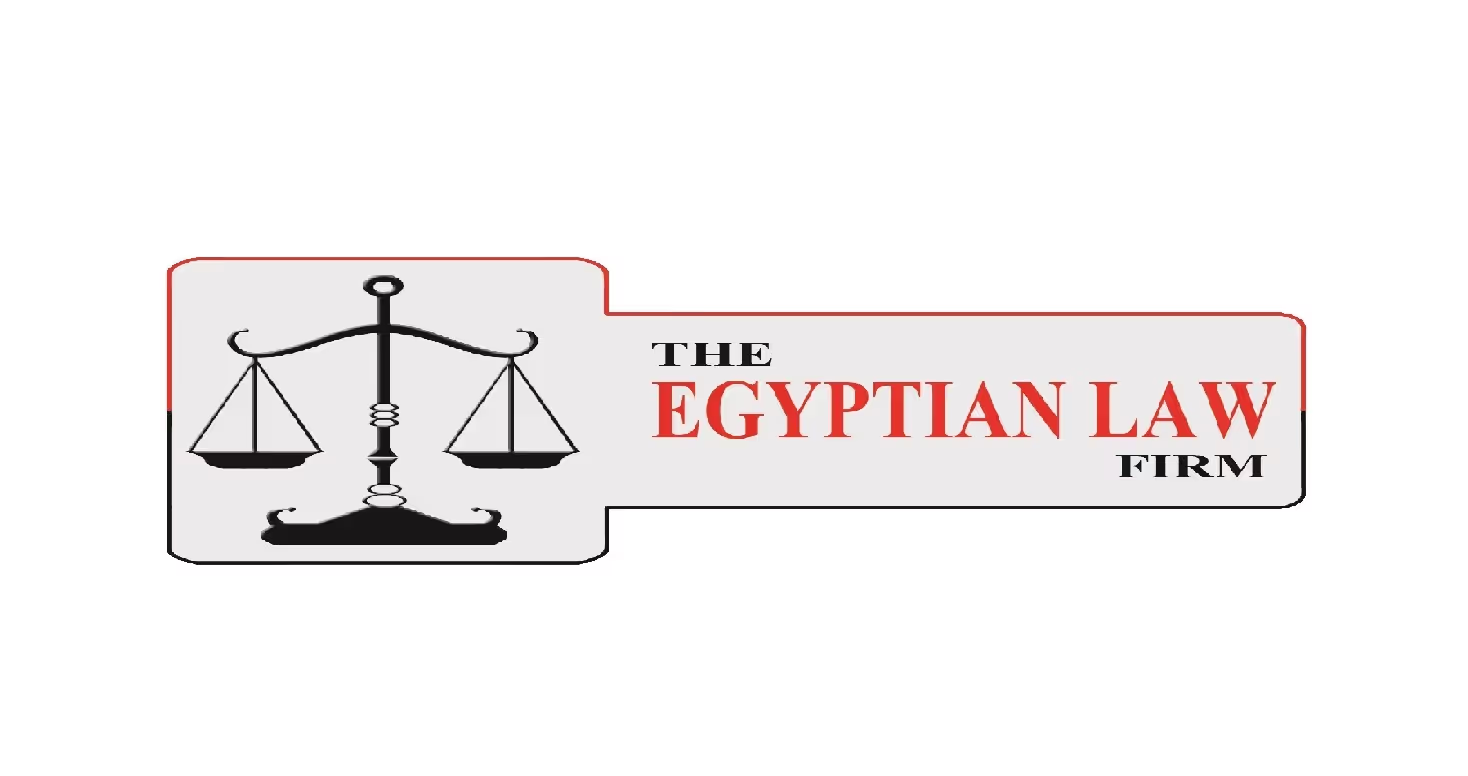
The Egyptian Law Firm is a premier law firm in Cairo offering effective Debt Collection services in Egypt, positioning itself as the go-to partner for debt recovery with a foundation in 2000 and memberships in the Association of European Attorneys and Eurojuris International.

Andersen Egypt is a premier law firm in Cairo offering effective Debt Collection services in Egypt, renowned for its expertise since 1986 and recognized with awards such as The Lawyers Global Annual Global Legal Awards 2024, while serving clients internationally through Andersen Global's network.
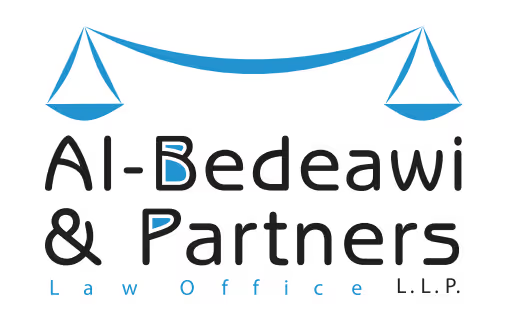
Al Bedeawi & Partners Law Office is a premier law firm in Cairo offering effective Debt Collection services in Egypt, positioning the firm as the go-to partner for debt recovery since 2008, with a reputation backed by industry accolades and esteemed memberships.

Sadany & Khalifa is a premier law firm in Nasr City offering effective Debt Collection services in Egypt, positioning itself as the go-to partner for debt recovery since 2017, with memberships in the Egyptian and International Bar Associations and operations in Saudi Arabia.
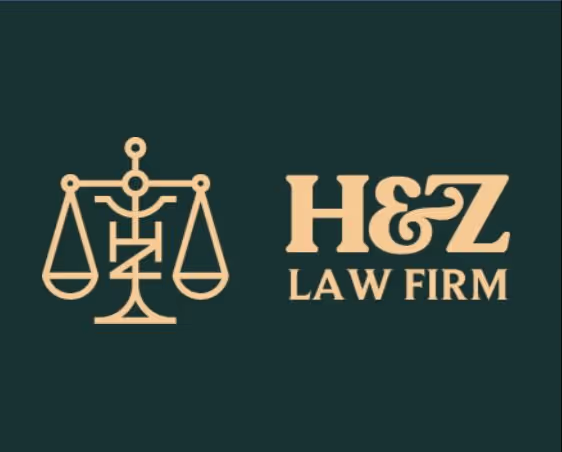
H&Z Law Firm is a premier law firm in Cairo offering effective Debt Collection services in Egypt, positioning itself as the go-to partner for debt recovery with a foundation in 2020 and a reputation bolstered by awards and memberships.
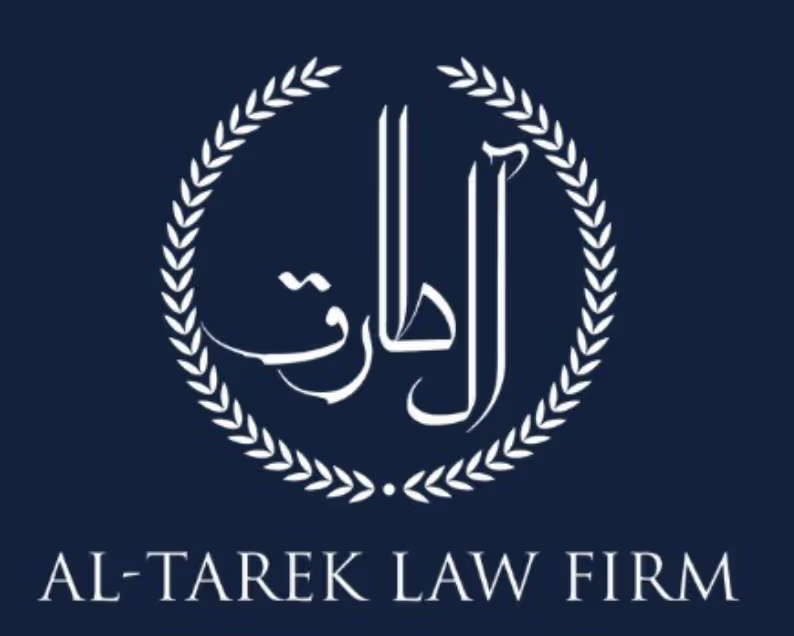
Al-Tarek Law Firm is a premier law firm in Cairo offering effective Debt Collection services in Egypt, positioning itself as the go-to partner for debt recovery with 40 years of experience, an Egyptian Bar Association license, and operations spanning Egypt, the UAE, and Qatar.

Essam Salem Law Firm is a premier law firm in Obour City offering effective Debt Collection services in Egypt, founded in 1998 and renowned for its professional and ethical commitment, serving clients across all Egyptian courts with a team of 38.
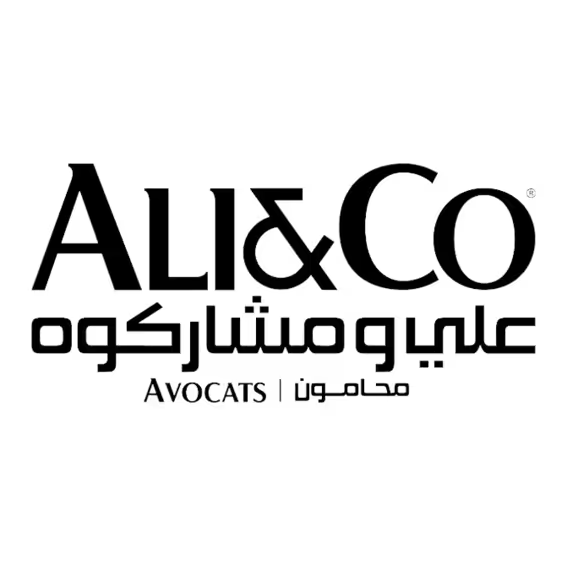
Ali & Co is a premier law firm in Cairo offering effective Debt Collection services in Egypt, recognized for its strategic litigation and arbitration expertise, founded in 2014, with accolades such as Law Firm of the Year – Arbitration and memberships in Chambers & Partners and the African Arbitration Association.

Emara & Soliman International Law Firm is a premier law firm in Cairo offering effective Debt Collection services in Egypt, positioning itself as the go-to partner for debt recovery with a presence in over 30 countries since its founding in 2018.

Tahoun Law Firm is a premier law firm in Cairo offering effective Debt Collection services in Egypt, positioning itself as the go-to partner for debt recovery with over 30 years of experience, award-winning expertise, and membership in the International Society of Primerus Law Firms.

Elayouby & Awadallah is a premier law firm in Cairo offering effective Debt Collection services in Egypt, recognized as the Merger Control Law Firm of the Year, and a member of The Legal 500 and IFLR1000 since 2015.

Dash Law for Advocacy and Legal Consultations is a premier law firm in Cairo offering effective Debt Collection services in Egypt, established in 1985 with over 40 specialized lawyers, also serving the UAE and the USA, and a member of the Egyptian Bar Association.





.svg)

.webp)
.png)

.png)
.svg)












.svg)

